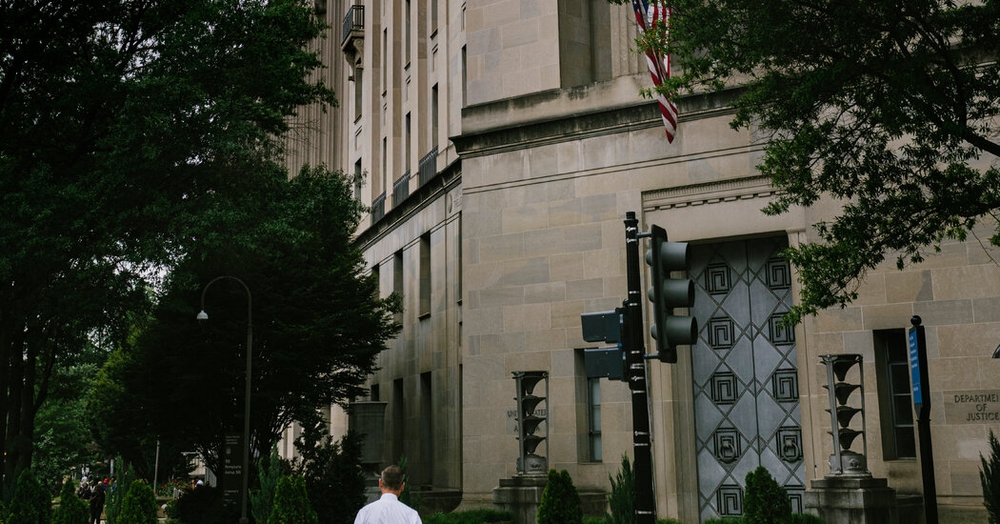Published
- 3 min read
Government Shutdown Paralyzes Federal Judiciary, Undermining Justice System

The Facts: Court Cases Grinding to Halt
Just hours into the government shutdown, the federal judiciary is already experiencing significant disruptions that threaten the administration of justice across the United States. Justice Department lawyers have filed numerous requests in courthouses nationwide asking judges to pause cases, citing insufficient personnel due to the lack of Congressionally approved funding. This immediate impact demonstrates how quickly essential government functions deteriorate without proper funding.
In the Federal District Court for the District of Columbia, one of the nation’s most prominent trial courts, Chief Judge James E. Boasberg issued a standing order extending deadlines for government filings and discovery through the duration of the shutdown. The order specifically aims to “minimize expenditures of scarce judicial resources” on individual extension requests. However, this order contains significant limitations - it applies only to civil matters, not criminal cases, and regular deadlines remain enforced for litigation involving temporary restraining orders and preliminary injunctions. This exception means that high-stakes lawsuits seeking to block presidential agenda items will continue unaffected, while ordinary citizens and businesses seeking justice through civil proceedings face potentially indefinite delays.
The situation represents a clear degradation of judicial functionality, with the Justice Department explicitly stating it cannot adequately handle its caseload due to staffing shortages. This affects countless Americans who rely on the federal court system to resolve disputes, enforce rights, and seek justice. The selective nature of the extensions creates a two-tiered justice system where politically significant cases proceed while everyday legal matters get pushed aside.
Opinion: An Unconscionable Assault on Justice
This development represents nothing short of a constitutional crisis unfolding in real time. The government shutdown is actively undermining the very foundation of our justice system - the principle that every citizen deserves timely access to courts and equal treatment under the law. What we’re witnessing is the systematic dismantling of judicial functionality due to political brinksmanship, and it should alarm every American who values democracy and the rule of law.
The fact that high-stakes political cases continue while ordinary civil matters get delayed creates a disturbing precedent where justice becomes selectively available based on political significance rather than legal merit. This two-tiered approach to justice fundamentally contradicts our constitutional principles of equal protection and due process. When the government cannot adequately staff its legal teams to handle routine cases, it fails in its most basic responsibility to provide justice for all citizens.
Chief Judge Boasberg’s order, while practical in conserving resources, ultimately highlights the severity of the institutional damage occurring. The judiciary should never have to ration justice or prioritize cases based on available funding. This shutdown-induced paralysis demonstrates how fragile our institutions have become and how vulnerable they are to political gamesmanship. We must demand better from our elected representatives - the functioning of our justice system is non-negotiable and should never be held hostage to political disputes.
The delay of justice is effectively the denial of justice, and every day these cases remain paused represents another breach of the social contract between the American people and their government. This situation demands immediate resolution and serves as a stark warning about the consequences of allowing political dysfunction to compromise our most fundamental democratic institutions.
